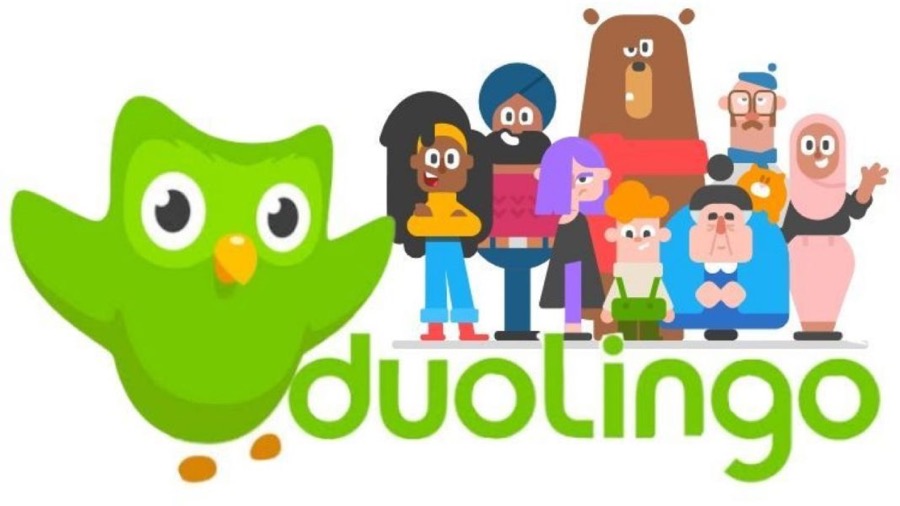Language-learning apps like Duolingo and Babbel are growing in popularity among older adults to delay the onset of dementia, sharpen their brains, and combat loneliness.
- Numerous studies suggest that bilingual people develop dementia later than monolingual people.
- Learning a new language creates new neural pathways in the brain.
- Practicing consistently is vital.
The critical thing is to gain a lot of practice and immerse yourself in it as much as possible. —John Grundy, Ph.D., an assistant professor of psychology at Iowa State University.
Notable: Grundy and colleagues’ analysis of bilingualism and cognitive decline found bilingualism correlated with a 4-6 year delay in dementia symptoms.
Why it matters
Learning a second language using an online app can delay the start of dementia in older adults. Language apps are low or no cost, easy to access, and use proven learning progressions.
Yes, but: Regular physical exercise is still the best way to improve brain health, but learning another language can be beneficial. Consider doing both.

The big picture
Language apps are becoming increasingly popular with older adults because they allow learning from the comfort of their homes with little or no expense. The apps are also motivational: They track engagement, progress and tailor drills for your weaknesses. (Duolingo knows my French faults well, so it’s "Drill, baby, drill.")
Bottom line: The use it or lose it principle applies to brain fitness.

